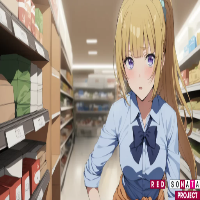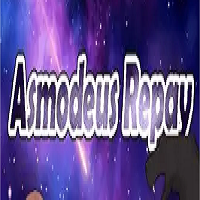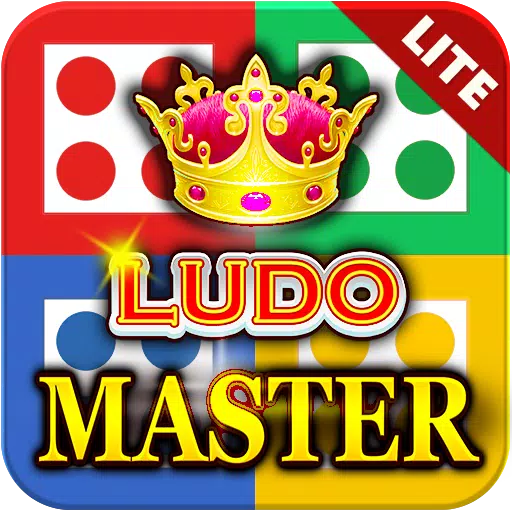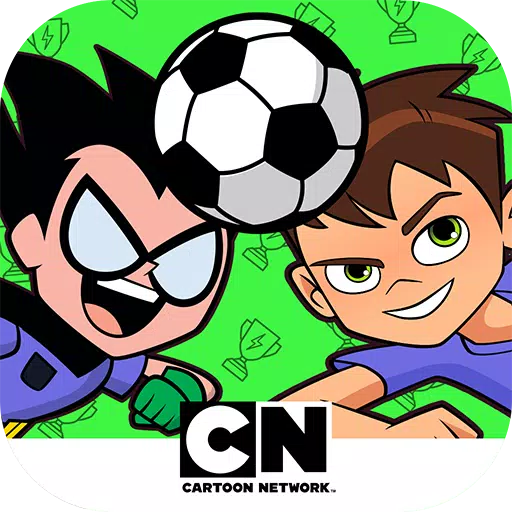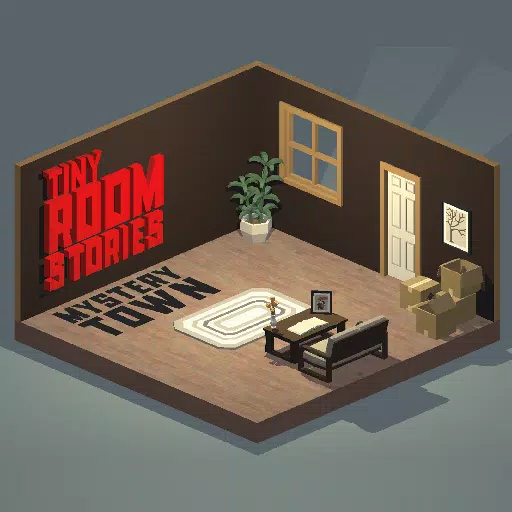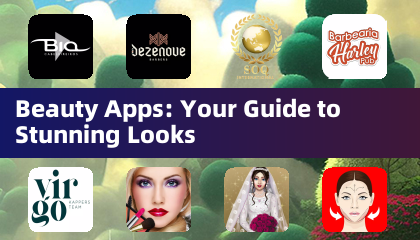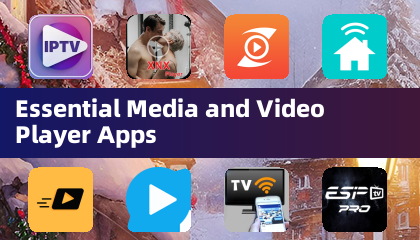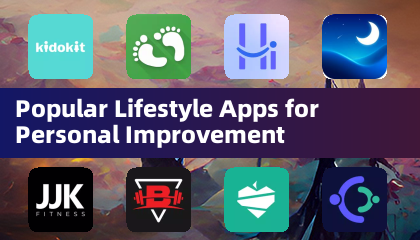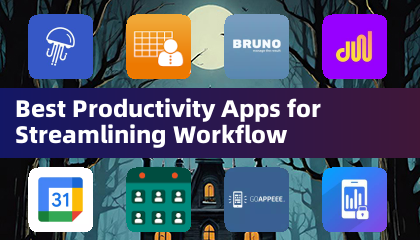Microsoft has recently shifted its approach to announcing game releases, now including rival platforms in its Xbox showcases. This change reflects the company's broader strategy to expand its games to multiple platforms. For instance, during the Xbox Developer Direct, games like Ninja Gaiden 4, Doom: The Dark Ages, and Clair Obscur: Expedition 33 were shown with logos for PlayStation 5, Xbox Series X and S, PC, and Game Pass. This multiplatform emphasis marks a departure from Microsoft's earlier practices, as seen in the June 2024 showcase where Doom: The Dark Ages was only announced for PlayStation 5 post-event, and other titles like Dragon Age: The Veilguard, Diablo 4's Vessel of Hatred, and Assassin’s Creed Shadows were listed for Xbox Series X and S and PC without mention of PS5.
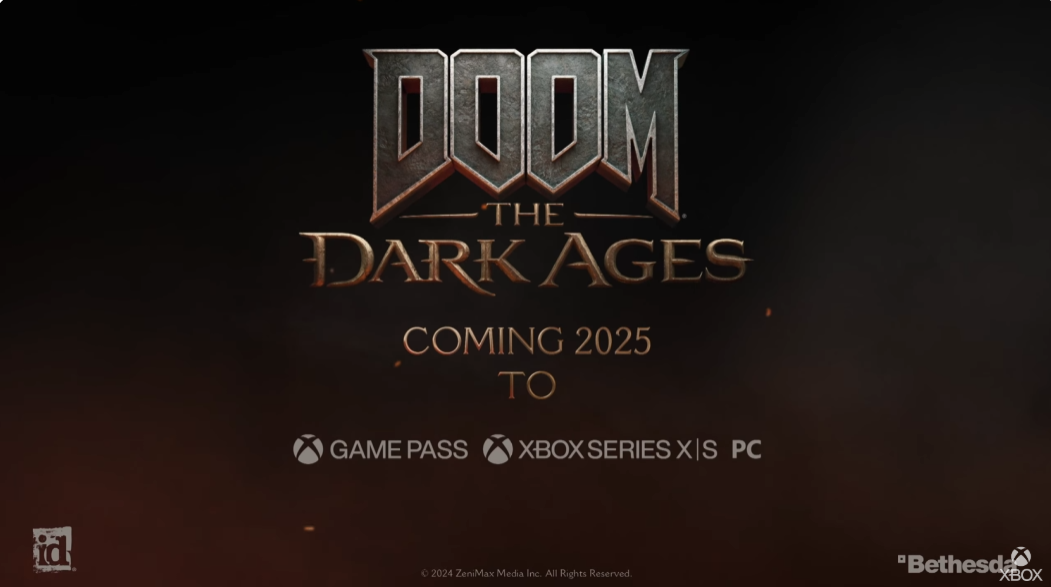
In contrast, Sony and Nintendo continue their traditional approach, focusing solely on their own platforms during showcases. Sony's State of Play, for example, highlighted games like Monster Hunter Wilds, Shinobi: Art of Vengeance, Metal Gear Solid Delta: Snake Eater, and Onimusha: Way of the Sword exclusively for PlayStation without mentioning other platforms, despite their multiplatform availability.
Microsoft's new strategy is also evident in its marketing changes. In the January 2025 showcase, PS5 logos were included, signaling a more inclusive approach. Phil Spencer, Microsoft's gaming boss, addressed this shift in an interview with XboxEra. He emphasized the importance of transparency and honesty about where games are available, stating:
"I think it’s just being honest and transparent about where the games are showing, and we actually even had this discussion last year for the June showcase, and by the time we kind of made our decision, we couldn’t get all of the assets done and it felt weird to have some of them in and some of them out."
Spencer further explained that Microsoft wants to ensure that gamers know where they can play their titles, whether on Nintendo Switch, PlayStation, Steam, or other platforms. He stressed the focus on games themselves and the benefits of broader accessibility:
"But I just want to be transparent with people — for shipping on Nintendo Switch, we’re gonna put that. For shipping on PlayStation, on Steam... People should know the storefronts where they can get our games, but I want people to be able to experience our Xbox community in our games and everything we have to offer, on every screen we can."
He acknowledged the differences between open and closed platforms but reiterated that the core focus remains on the games:
"And obviously not every screen is equal. Yeah, like there’s certain things we can’t do on the other closed platforms that we can do on open platforms, cloud — it’s different. But games should be the thing that we’re focused on. And the strategy that we have allows us to do big games, while also supporting our native platform from hardware to the platform and services that we have and that’s going to be our approach."
Spencer's perspective is rooted in his background in game development, emphasizing the importance of making games accessible to as many players as possible:
"And I know it’s not what everybody else is doing, but I just believe games should be the thing that’s at the forefront. Maybe it’s because of how I’ve grown up in this industry. I came from building games. But I think the games are the things that I see growing in their strength in what we’re doing and it’s because more people can play. So yeah, I’m just trying to be open and transparent with people."
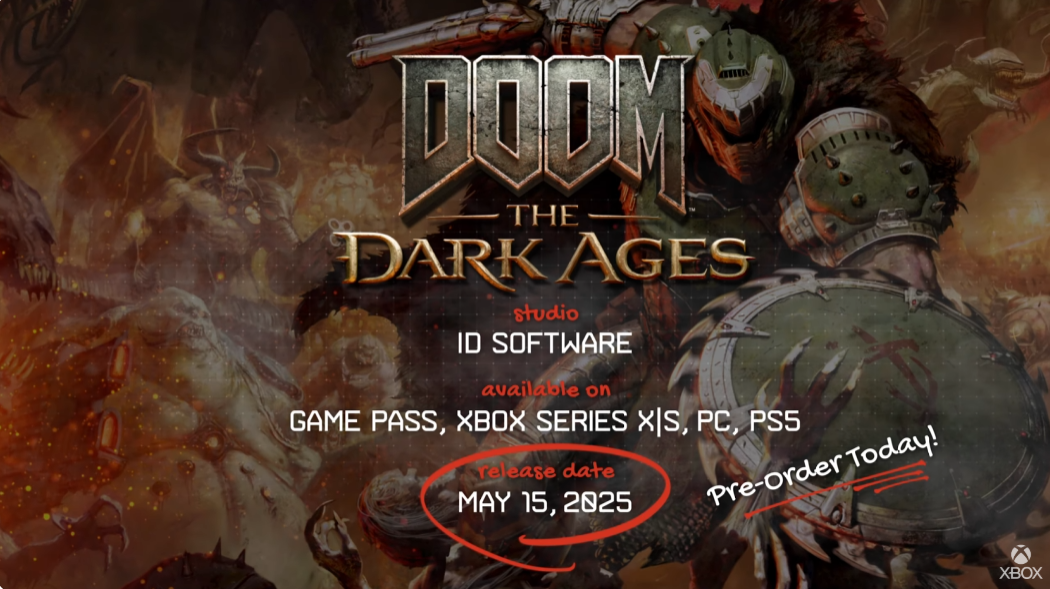
Given this shift, future Xbox showcases, such as the anticipated June 2025 event, are likely to feature PS5 logos alongside Xbox for titles like Gears of War: E-Day, Fable, Perfect Dark, State of Decay 3, and the next Call of Duty. However, don't expect Sony and Nintendo to adopt similar strategies anytime soon.


